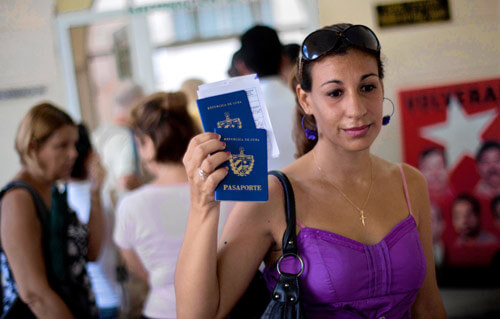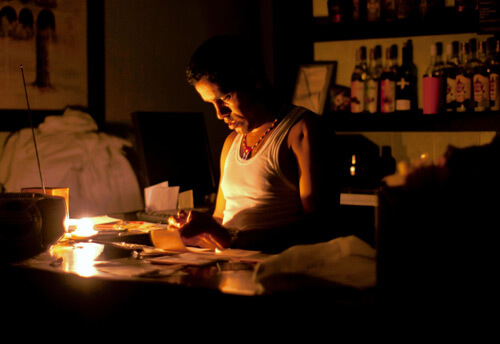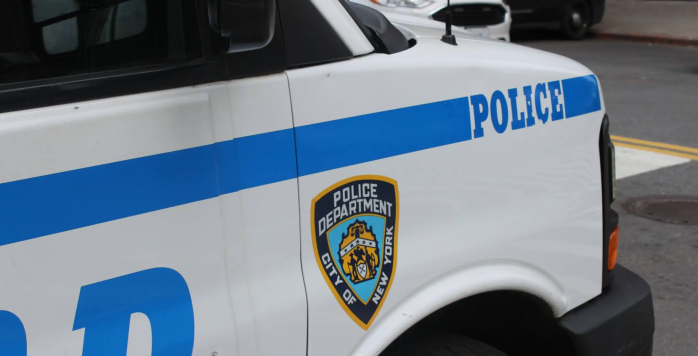Cuban dissidents say that almost 750 activists have signed a letter to Pope Benedict XVI warning that his forthcoming visit to the Spanish-speaking Caribbean island would “send a message to the oppressors that they can continue” to abuse Catholic opponents.
“We would be very happy to receive you in our country, if the message of faith, love and hope that you could bring us also would serve to halt the repression against those who want to go to church,” said the dissidents in the letter made available to reporters in Havana, the Cuban capital.
The letter did not directly urge the pontiff to cancel his planned Mar. 26-28 visit to Havana and Santiago de Cuba, but added, “May the Holy Trinity illuminate your mind so that you can make a correct decision.”
The letter was the latest word from Cuban dissidents, who claim that the pope’s visit would legitimize Raúl Castro’s government and do little or nothing to improve human rights on the communist-ruled island.
Popular blogger Yoani Sánchez wrote in Spain’s El País newspaper that while Cubans enthusiastically welcomed Pope John Paul II’s visit in 1998, today “a dose of national cynicism conspires against any enthusiasm.”
Havana dissident Martha Beatriz Roque said the idea for the letter emerged several weeks ago among activists, including Catholics and non-Catholics, and from various groups who know each other and talk regularly about Cuban issues.
“This does not come from any specific group, but rather from many people who are in contact with each other, and then each group sought the signatures in the provinces,” Roque told reporters.
Roque said she emailed the letter to contacts abroad, along with the list of 749 names of people who signed it and their respective Cuban identity card numbers.
She said some of Cuba’s best-known dissidents, such as Guillermo Fariñas, Sara Martha Fonseca, Vladimiro Roca, Jorge Luis “Antunez” García Pérez and his wife, Iris Tamara Perez Aguilar were among the letter signers.
Some dissidents have, however, cautiously welcomed the papal visit as “a ray of hope” for the Cuban people and the Catholic Church, Roque said.
Catholic activists Oswaldo Payá and Dagoberto Valdés, Ladies in White leader Bertha Soler and her husband, former political prisoner Angel Moya, and dissident Oscar Elias Biscet did not sign the letter, Roque said.
She said that she has been asking for an interview with the Vatican’s diplomatic envoy in Havana, Msgr. Bruno Musaro, for the past month, to hand over the letter but is yet to receive any response.
The letter says that since abuses against Catholics has increased after the papal visit was announced, Benedict’s presence in Cuba “would be like sending a message to the oppressors that they can continue to do whatever they want, that the church will allow it.”
It cites three cases in which alleged government supporters harassed or threatened dissidents who had gathered in churches, including one on February 19 in which the archbishop of Santiago de Cuba had to intervene to protect 14 Ladies in White surrounded at the Our Lady of Charity shrine in El Cobre.
“One should add that on top of all that, some of the faithful are visited by the political police, between Friday and Saturday of each week, to be warned that they will not be allowed to attend mass — and, indeed, they are arrested on Sunday,” the letter adds.
The letter also states that the government alleges the dissidents go to church only “to provoke and engage in politicking”, adding that “some non-official people” have repeated that line.

























